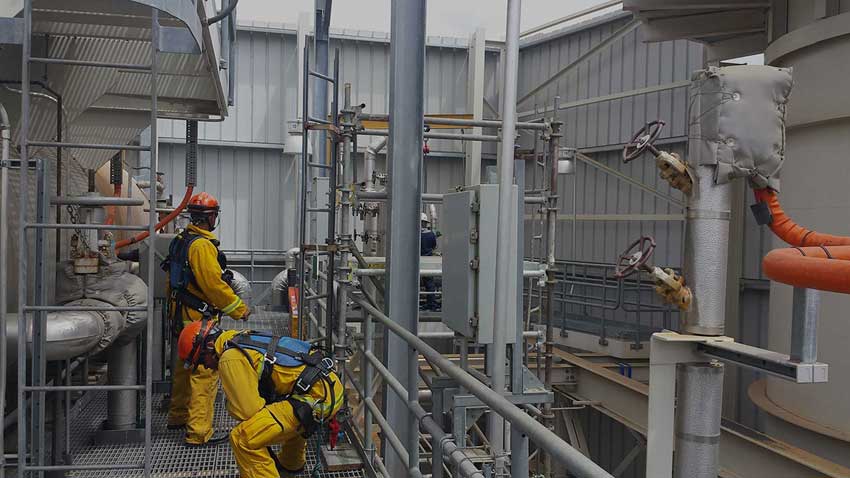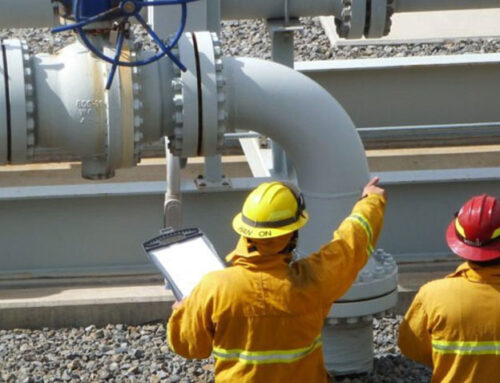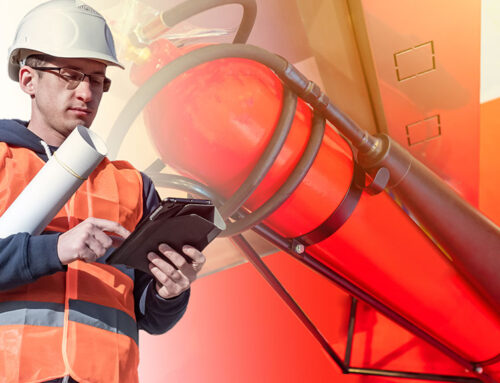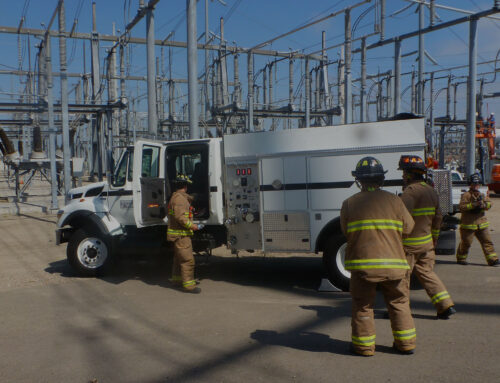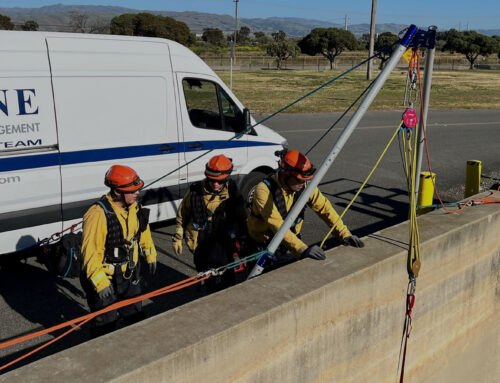Plant turnarounds are an important part of any manufacturing business. These turnarounds, also known as plant shutdowns, are inescapable regardless of your business practices, even if they’re 100% correct. Plant turnaround support is a service a business can hire to ensure that these turnarounds don’t lead to excessive lost revenue while preventing over-budgeting. Here are the phases of plant shutdowns and how plant turnaround support companies can benefit from these processes.
The first part of any plant turnaround is the scoping phase. This is the initial planning; what will need to be repaired, what needs to be shut down, the budget for this shutdown, and other important matters. These shutdowns aren’t a once-in-a-lifetime occurrence, however. You may have managers who have done this often or only once or twice. Plant turnaround support companies can provide an outside view on this process, providing special insight to these shutdowns to ensure no processes are missed.
After the shutdown is scoped out, preparation becomes necessary. This process is the longest of all, as turnarounds are a massively intensive process that require cooperation from every employee involved in the plant being shut down. The most important part of this step is making sure all work orders are filled out, and are planned to be done in the correct order. Subcontractors will need to be hired to provide specialized repairs, and to keep everyone safe, these repairs will have to be done in order. Support services can provide these subcontractors while also continuing to support the plans they helped put in place, making sure everything goes smoothly.
Then, the execution phase begins. As soon as the plant is shut down, work orders begin moving into place, and all workers assigned to these repairs will be put into place. This is where most accidents, injuries, and delays can occur as months worth of plans are put into motion all at once, leading to a hectic workplace. Any delay or injury can cost the company millions based on the scale of the shutdown. As such, having support in the form of subcontractors involved in the scoping and planning phases is essential, as they understand what needs to happen more thoroughly than someone hired to do one task.
Preventing accidents
The last two phases are start-up and review, respectively. Starting up after a shutdown is also where accidents are likely to occur. If all goes to plan, the plant can be reopened after a final inspection, with production beginning again. However, disaster planning and quick response times are necessary to prevent unnecessary shutdown time and as such losses of profit. After this phase, the review phase begins. This phase is exactly how it sounds; did everything go to plan? Did you spend too much, or too little? Was anyone hurt? Find out what went wrong, what went well, and what could be improved. Ask your support company and subcontractors what hurdles they went through, and keep it in the books for the next plant turnaround.
These phases are essential for every company. From scoping out the plant to planning how the plant will be shut down and repaired, to executing the said plan, starting up after execution, and reviewing how the entire process went. Support companies such as Capstone Fire can directly assist with the process, keeping your employees safe before any issues come to light.

